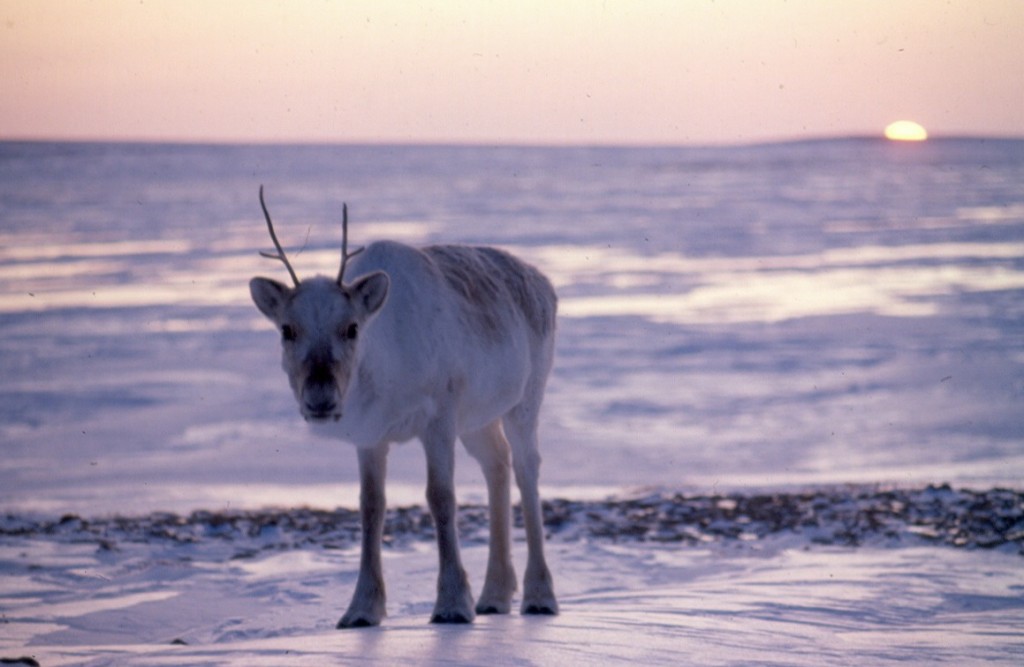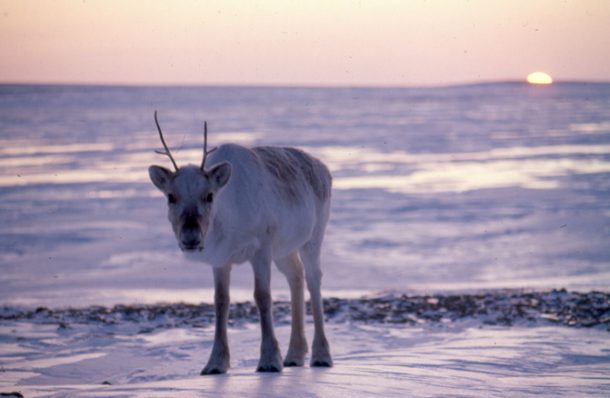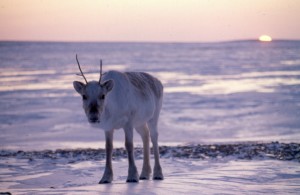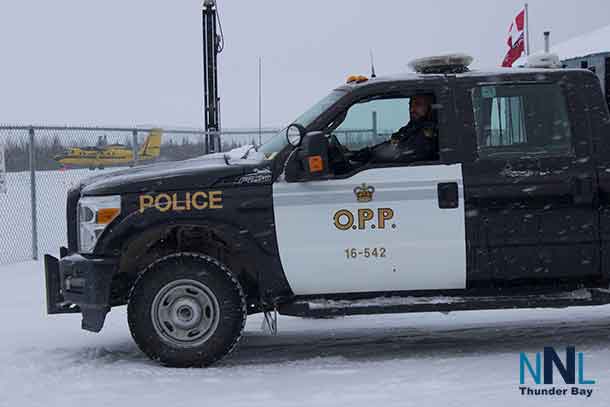
KAWAWACHIKAMACH, QC – HUNTING – “For sustainable access to the caribou, we must ensure the long-term preservation of these two migratory caribou herds, as well as good relationships with other Indigenous groups who also depend upon them for subsistence. Only a strong collaboration on the implementation of management plans and strategies can secure the viability of these herds and our own livelihoods. The Naskapi Nation is concerned about fulfilling our community’s needs for food and traditional practices, and our participation in these collaborative initiatives is critical to the long-term and sustainable access to the caribou,” says Chief Noah Swappie.
For thousands of years, caribou have been the cornerstone of the Naskapi way of life, history, and culture. The Naskapi Nation of Kawawachikamach is deeply concerned by the alarming state of the migratory caribou herds in Quebec. The George River herd has been subject to an unprecedented decline, from a vibrant population of 775,000 in the 1990s to less than 9,000 in 2016. Consequently, it has been more than 15 years since the Naskapis have had access to the guaranteed level of harvesting stipulated in the James Bay and Northern Quebec Agreement (JBNQA) and the Northeastern Quebec Agreement (NEQA). The prospects of the Leaf River herd are hardly any better. In less than five years, the Leaf River herd has been reduced by more than half and was evaluated at less than 200,000 animals in 2016.
The Naskapi Nation is proud to be a partner on the Ungava Peninsula Caribou Aboriginal Roundtable (UPCART) with six other Nations and Indigenous governments in Quebec and Labrador. Through UPCART, the Nation is actively participating in addressing this dire situation and has worked to contribute to the development and signature of the management strategy recently distributed, entitled “A Long Time Ago in the Future: Caribou and the People of Ungava.” The mandate of this strategy is for participating First Nations and Indigenous governments to honour all Indigenous cultures by working together in solidarity on the preservation and sustainability of the caribou and our relationship with them, now and in the future.
Harvesting rights in areas of primary interest are established for the Naskapi Nation, the Inuit of Nunavik, and the Cree Nation by the hunting, fishing and trapping regimes laid out in the JBNQA and the NEQA. Pursuant to these agreements, Naskapi beneficiaries do not have harvesting priority on Eeyou Istchee territory or on the Inuit area of primary interest. Indigenous groups involved in the Hunting, Fishing and Trapping Coordinating Committee (HFTCC) and UPCART are working diligently to attain the sensitive balance pertaining to access and harvesting, while still protecting the caribou.
In the spirit of preservation, the Naskapi Nation is taking this opportunity to remind its members that unauthorized guiding on Eeyou Istchee territory of non-beneficiary hunters, as well as selling caribou meat, have both been condemned by the Cree Nation Government in a recent press release dated December 4, 2017. These activities will therefore no longer be tolerated. We urge the cooperation of all Naskapi beneficiaries to respect the wishes of the Cree Nation Government, and to enable the pursuit of ongoing collective efforts to secure Naskapi access to caribou in times of scarcity.
SOURCE Naskapi Nation of Kawawachikamach





